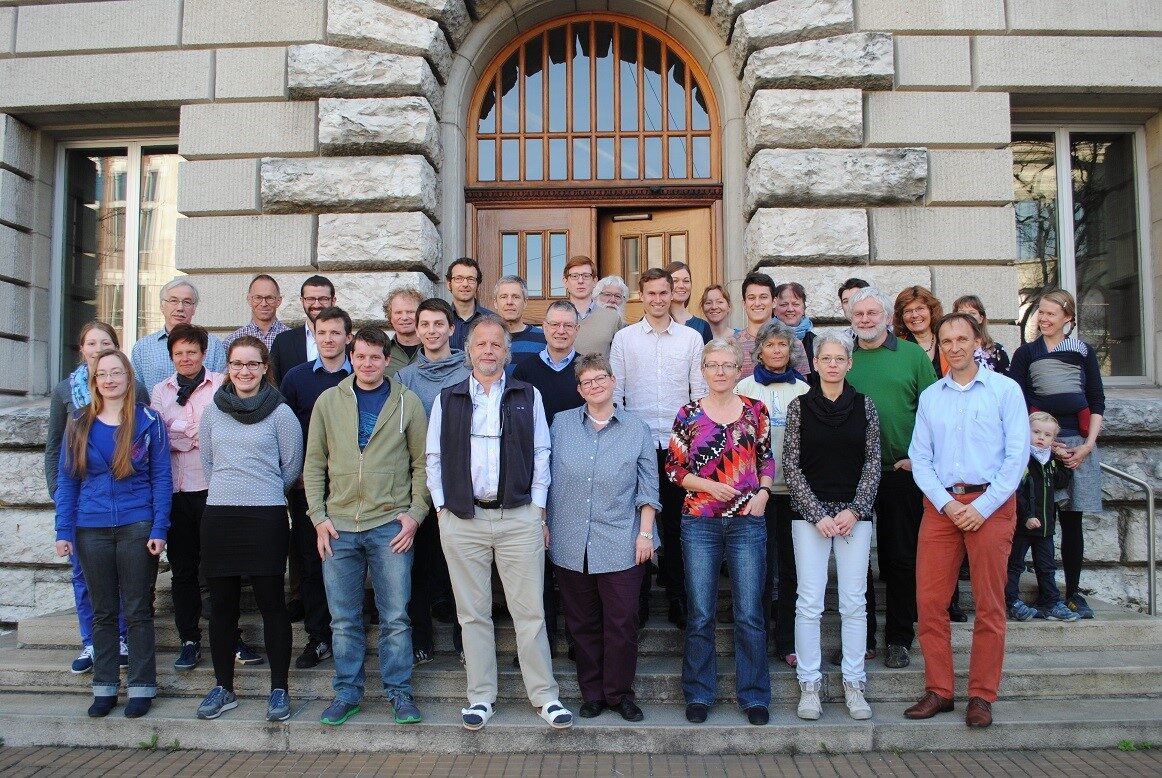The AGROfutur is now
Study reform with a participatory approach
The demands on agricultural science graduates are diverse and constantly changing. Therefore, a study programme must also be revised again and again. The last study reform, AGROfutur, came into force in 2016.
How do you teach agricultural science students to think critically in five years, to quickly recognise undesirable developments, to develop and review approaches to solutions, to apply scientific findings and new technical possibilities in practice, to discuss with a wide circle of “stakeholders” and to take on leadership roles? The challenge of answering this question was taken up by a team consisting of the director of studies, the coordinator, the head of the internship service, the department’s teaching specialist and a specialist in didactics.
An innovative approach
The demands on the reform were by no means modest. The aim was to offer excellent teaching that stands out internationally and enables students to enter professional life easily. In order to achieve this goal, a participatory approach was chosen that has become a model at ETH today.
During four years, discussions were held with students, lecturers and professionals, many of whom had studied at ETH themselves. The process started with a two-day kick-off attended by more than 40 people. It was very important to the core team that students were also involved in all decisions.
In this way, weaknesses of the old system could be uncovered and new demands created by technical and ecological change could be defined. It quickly became clear that there was a need for action in three areas in particular: the practical relevance of training, interdisciplinary expertise and the comparability of professional qualifications.
Innovations in the Bachelor’s and Master’s programmes
The first step in the process was to define what skills students should acquire during the Bachelor’s and Master’s degree programmes. The diversity of these skills represents the diversity of the agronomic profession. Based on the qualification profiles, new courses were created or existing ones were adapted.
2016 was the year
Finally, in September 2016, the first Bachelor’s and Master’s degree programmes started in the new system. As is usual with such a comprehensive reform, teething problems were still apparent at the beginning and some of the innovations were not only met with understanding by the sceptical students.
Discussion rounds with all participants were and are held at regular intervals in order to meet the high expectations of the students.

The most important innovations in the Bachelor’s programme
The most important innovations in the Master’s programme
Before starting the Master’s degree programme, students choose, as before, from the three specialisations of agricultural economics, plant science and animal science the one in which they would like to specialise.